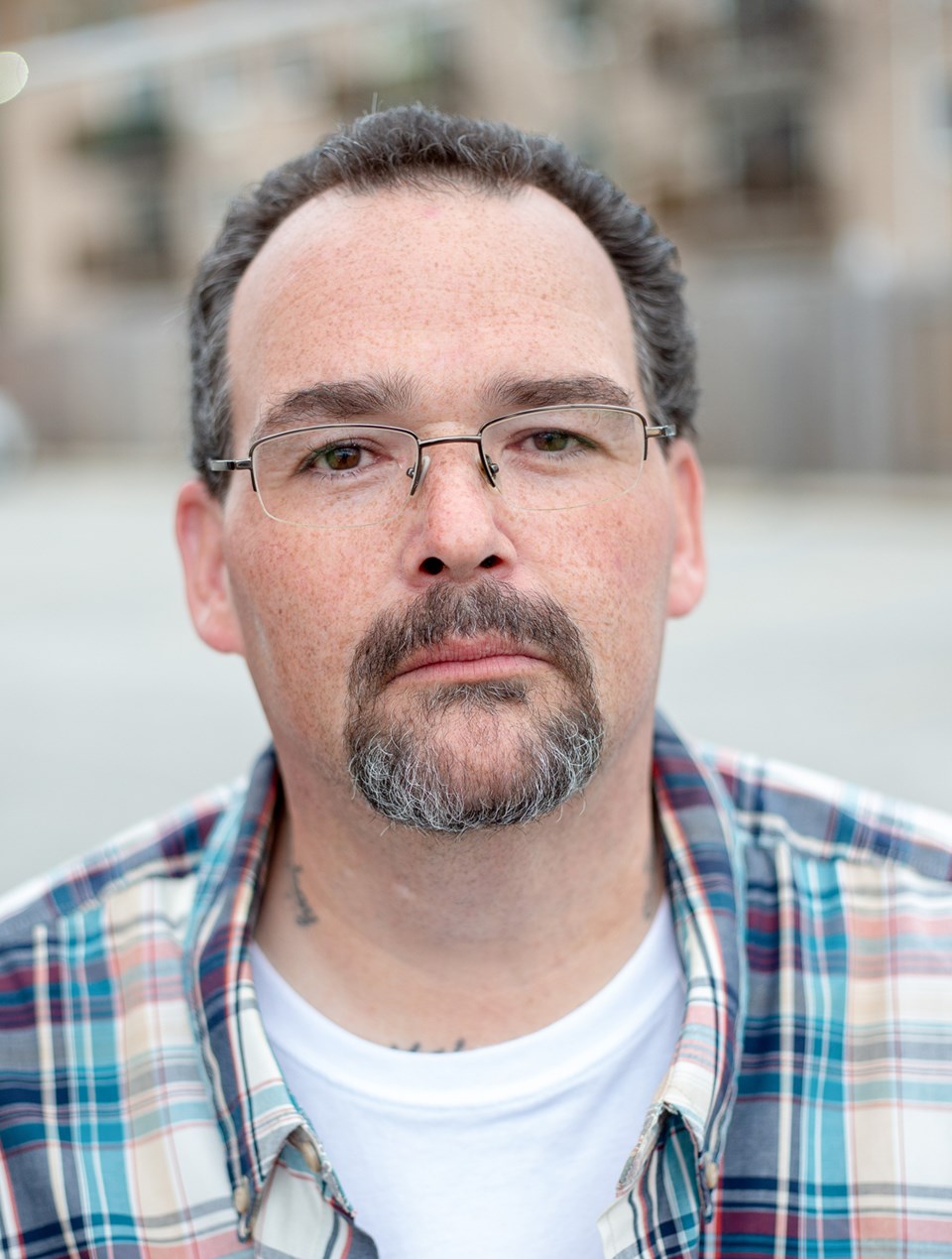Troy Shantz
Local residents who take methadone are having a difficult time finding a doctor.
Just ask Larry MacKenzie.
“You get talked to like you’re a second-class citizen. They don’t want to hear what you have to say if you have a complaint,” said the 47-year-old Sarnian.
“They won’t tell you that it’s methadone, but you know exactly what the problem is.”
The journeyman plasterer, who requires treatment for diabetes, hepatitis C and colitis, said he’s been turned away by about 10 family physicians.
He was prescribed methadone nearly a decade ago, he said, to ease the pain lingering from accident injuries sustained in his 30s.
Though better known as a drug prescribed to alleviate the withdrawal symptom of heroin, oxycodone and fentanyl addiction, methadone is also used for pain relief.
MacKenzie returned to Ontario from the Yukon three years ago to be closer to family, and eventually realized doctors here aren’t accepting patients on methadone, he said.
“I thought, I’ve got to start lying.”
MacKenzie tested that theory two years ago by not listing methadone on a doctor’s application form. He was accepted.
But at the first appointment, when he disclosed his prescription, the doctor wasn’t impressed by his dishonesty, he said.
“I told him exactly why I did it… but he was just ignorant from the word go.”
Dr. Delmar Donald, an addictions physician at Bluewater Methadone Clinic, said the stigma is widespread in the medical community.
Donald’s clinic, which also has sites in Wallaceburg and Chatham, prescribes methadone to half its nearly 1,000 patients with opiate use disorder (OUD).
Many, he confirmed, can’t find a family doctor, and those who do often face disrespect and “disparaging comments” during their visits.
The reason, Donald believes, is a widespread belief in the medical community that abstinence is the best way to manage OUD.
“The thing that’s kind of frustrating about health-care providers having misgivings about this treatment is that it’s the standard of care for the disease,” said Donald, citing a recent Canadian Research Initiative in Substance Misuse (CRISM) report.
While the report cautions about side effects, it says methadone when used as directed is a “safe and effective” treatment for OUD.
“These health-care professionals, including physicians, that have a problem with methadone … It doesn’t matter what your opinion is,” he said.
Meanwhile, as MacKenzie continues to look for a family doctor his health is suffering.
Because of his diabetes, he has lost feeling in his left leg. He recently discovered a thumbtack embedded in his heel only because of the clicking it made on the hardwood floor, he said.
Other complications landed him in the hospital last summer, and he nearly lost a leg, he said.
“Things get that far out of control because you don’t have a doctor,” he said, adding his options are the hospital emergency department and walk-in clinics.
The irony, he added, is that he doesn’t take methadone for opiate use disorder.
“In this country, at my age, I’ve never been a burden to the health-care system, ever,” he said.
“But I can’t get somebody to take over because I’m on methadone?”
